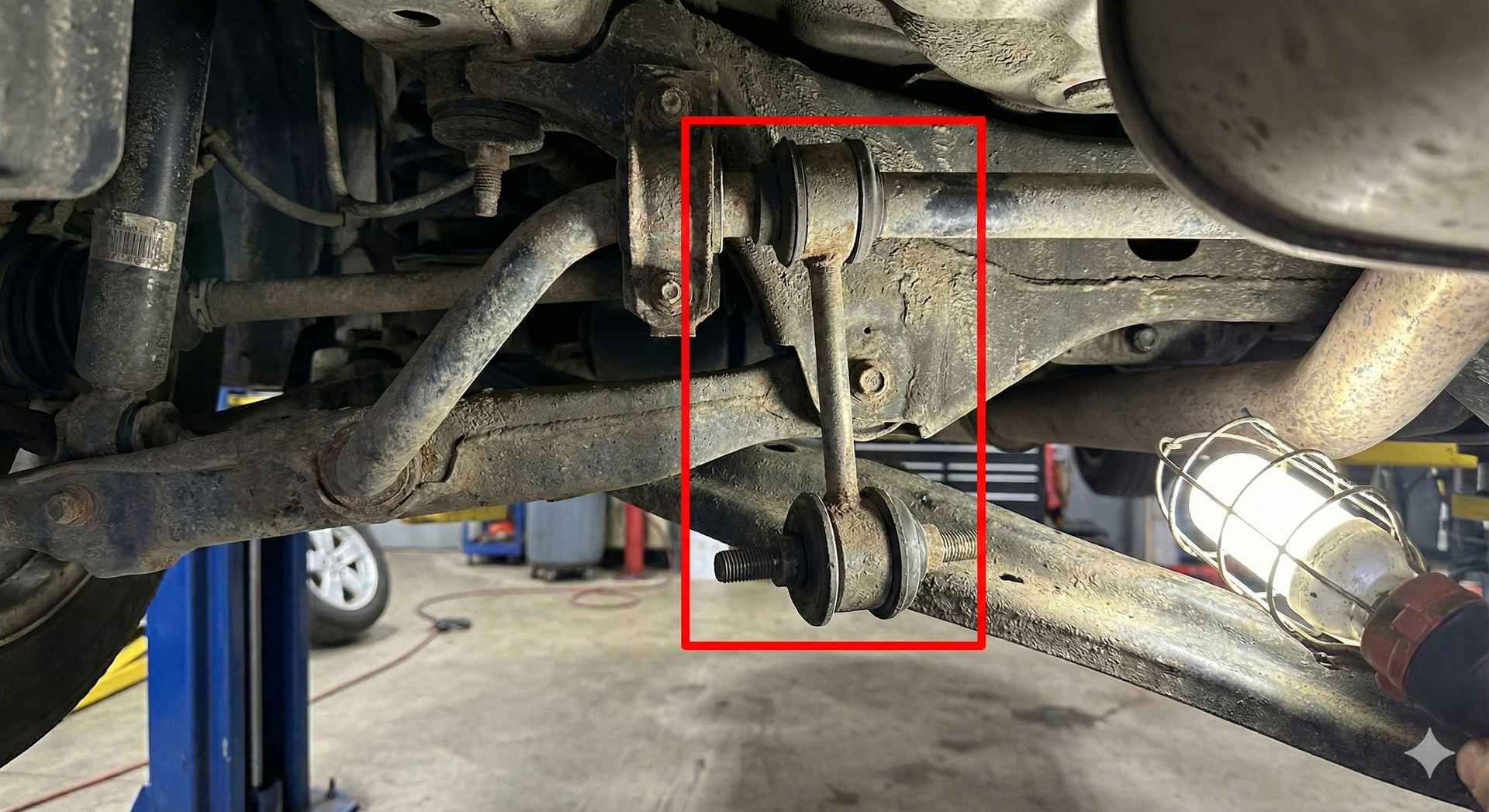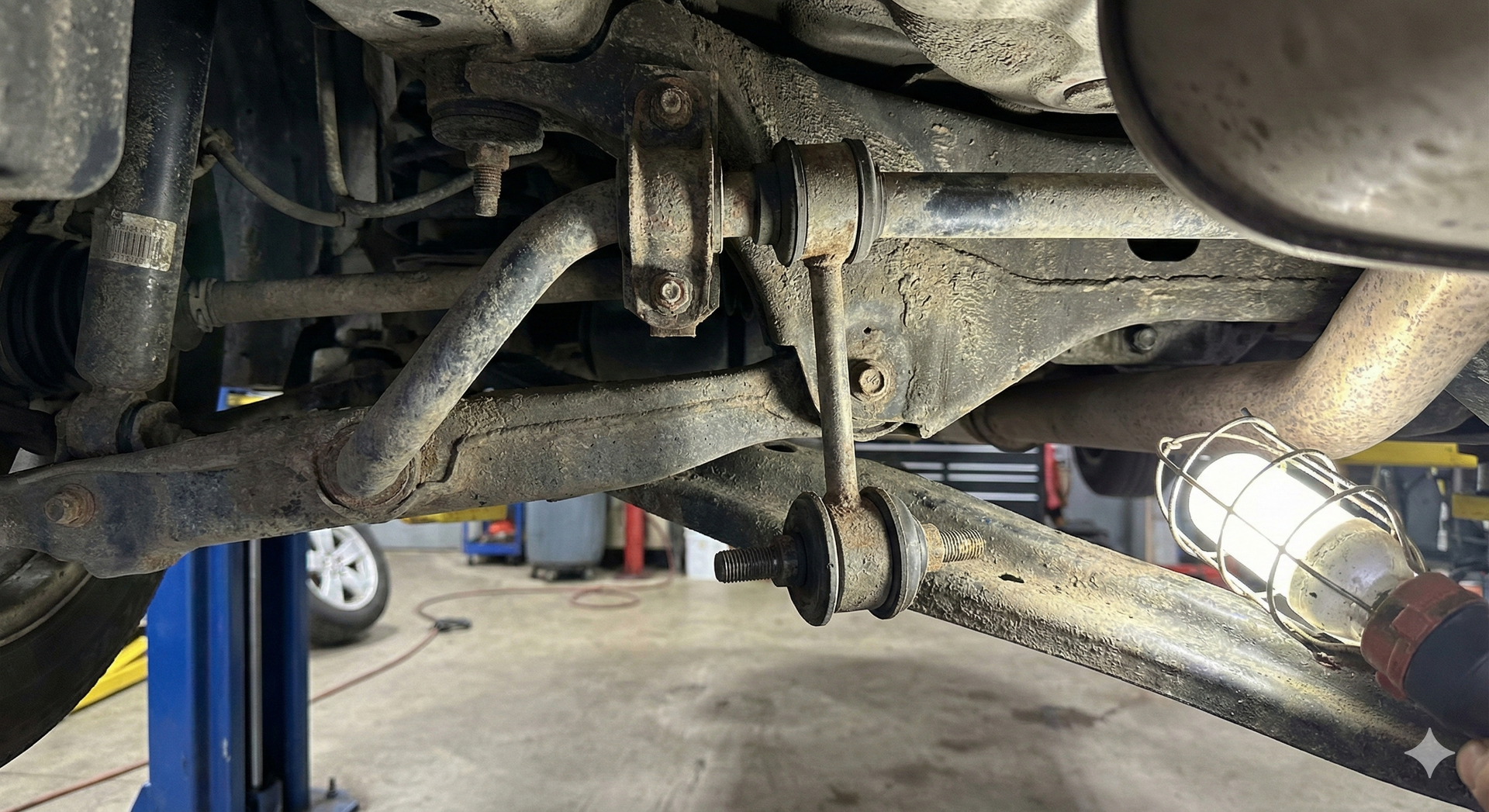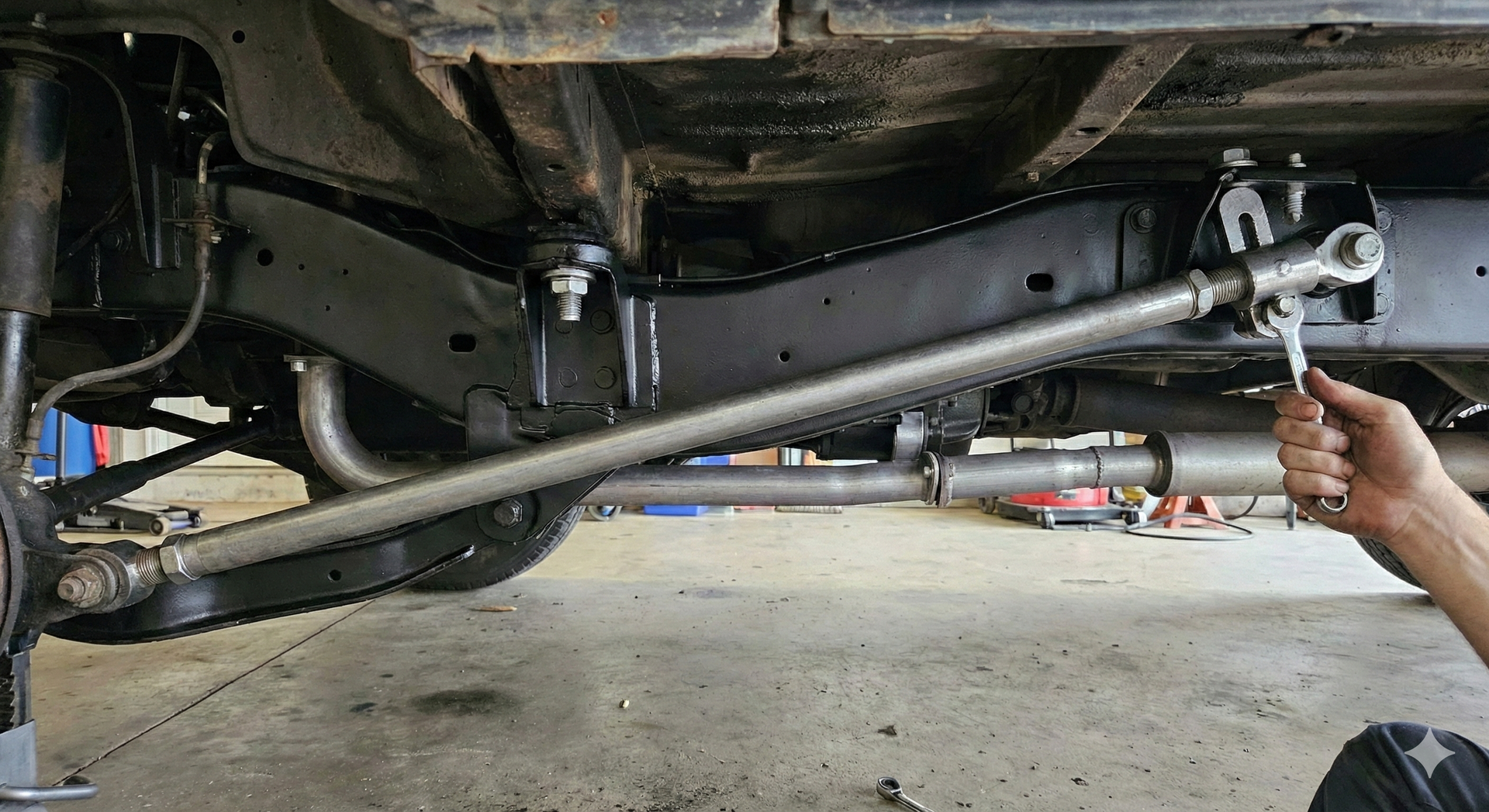Our Blog
Discover expert suspension services at Interstate Auto Care in Madison Heights, MI. Enhance your vehicle's performance. Schedule an appointment today!
Expert engine replacement services at Interstate Auto Care in Madison Heights, MI. Ensure your vehicle runs smoothly—Schedule an online appointment now!
Discover how your car's cooling system works with expert tips from Interstate Auto Care in Madison Heights, MI. Keep your engine cool—visit us today!
Discover expert fuel system care at Interstate Auto Care in Madison Heights, MI. Ensure optimal performance for your vehicle. Schedule an online appointment now!
Expert brake services in Madison Heights at Interstate Auto Care. Ensure your safety with our quality auto repair. Schedule an appointment today!
Expert auto AC repair in Madison Heights at Interstate Auto Care. Stay cool and safe! Visit us today.
Expert suspension services at Interstate Auto Care in Madison Heights, MI. Discover top-notch care for smooth rides. Visit us today for superior service!







